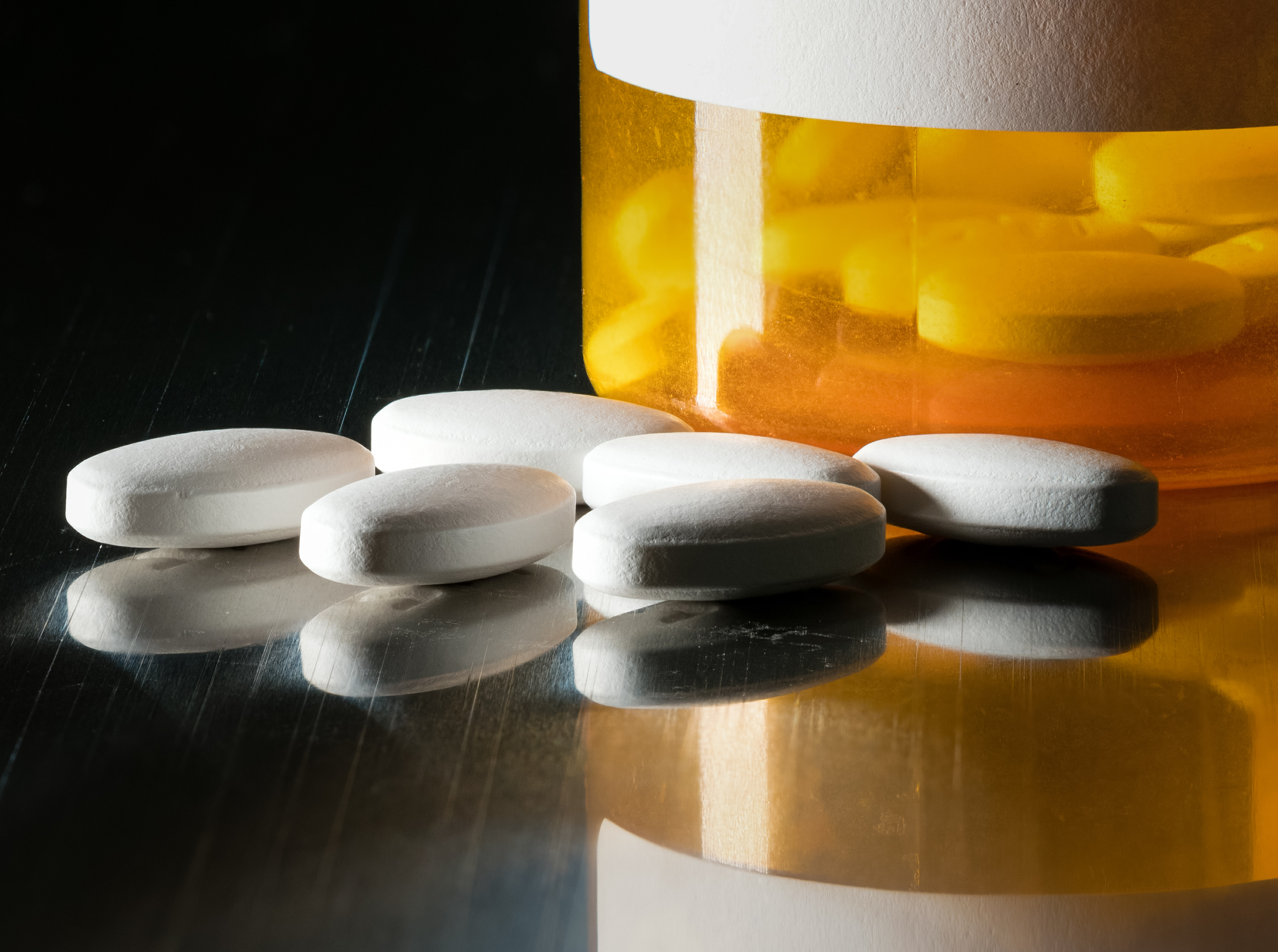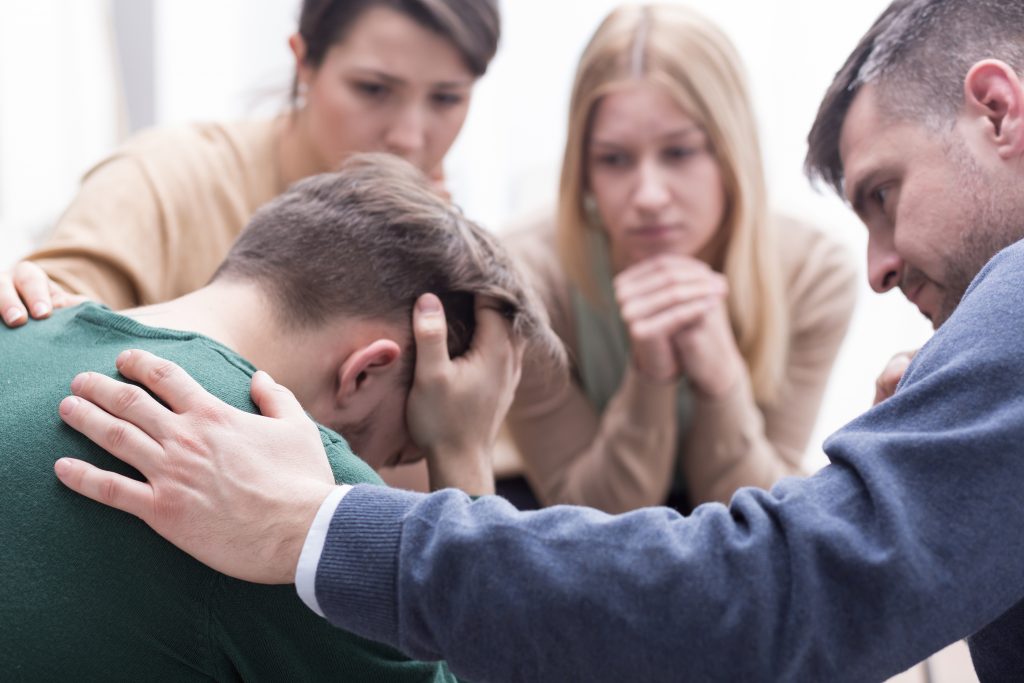
There are many different types of programs for individuals struggling with substance use disorders, and many different viewpoints on what treatment approaches provide the best chance of finding long term recovery from addiction. In fact, one of the biggest challenges you may face (apart from conquering the addiction itself) is deciding which program is the best fit for your needs. While the answer may be different for everyone, recent research and best practices in the treatment field point to the use of medication-assisted treatment (MAT) that specifically targets opioid dependency.
MAT has been shown to help individuals manage withdrawal symptoms and cravings, and increase chances of sustained abstinence from prescription opioids or heroin. When the right type of medication is combined with the evidence-based treatment we offer at High Focus Centers, it has also been shown to reduce the chances of relapse.
Program Details
Approaches that utilize medication-assisted treatment are often highly individualized to combine behavioral therapy with specific types of medication. The purpose of this type of program is to treat opioid-specific substance abuse disorders while also using therapeutic interventions to get the root cause of the addiction, and ultimately helping patients lead more purpose-driven lives. The combination of therapy and medication has been shown to be very effective in treating opioid dependency. MAT services can be provided in many levels of care, including:
- Partial care
- Intensive outpatient care
- Outpatient care
There is no single treatment approach that is ideal for everyone. To determine the appropriate combination of treatments for each patient, a level of care assessment is performed by a licensed clinician.
How It Works
MAT is commonly used for the treatment of opioid addictions, including heroin and all prescription pain medications that contain opiates. The therapy portion of treatment includes counseling and various forms of behavioral therapy to help patients overcome their addictive propensities.
The medication portion of MAT is designed to relieve physiological cravings, normalize brain chemistry and other body functions, and block the euphoric effect of opioids. It does this without the negative effects caused by illicit drugs. There are a variety of medications that can be used to treat opioid dependency, including naltrexone, methadone and buprenorphine.
Naltrexone works by blocking the sedative and euphoric effects of abused drugs. Methadone and buprenorphine work by tricking the brain into thinking it’s receiving the abused drug. Patients do not experience the intense “high” produced by their former drug of choice, but these medications do prevent withdrawal symptoms that would otherwise occur as addiction subsides and substances clear the body.
A few of the most notable benefits associated with medication assisted treatment include:
- Increased treatment retention
- Improved patient survival
- Improved birth outcomes among pregnant women who have substance dependencies
- Decreased criminal activity related to substance use disorders, including illegal opiate use
- Increased ability to obtain and maintain employment
Medication-assisted treatment is a comprehensive, customized intervention with the ultimate goal of full recovery. The program is proven to be effective at significantly reducing the need for individuals with substance dependencies to receive inpatient detoxification services.
Take Your First Step
Ready to take control of your life and your addiction? The first step to living a more purposeful life is to decide now to turn your life around with the help of a proven treatment program. To get help now, call us at 877-958-8447 or fill out our confidential online form and one of our experienced intake professionals will get in contact with you soon.
Recent Posts
- How Mood Stabilizers Work to Restore Emotional Balance
- Trauma-Informed Approaches in Therapy: Why Understanding Trauma is Essential for Healing
- Using Art as a Voice: Exploring the Therapeutic Benefits of Creativity
- What is Xylazine?
- How Overcoming Roadblocks is Crucial to Recovery – And How Your Treatment Center Can Help




